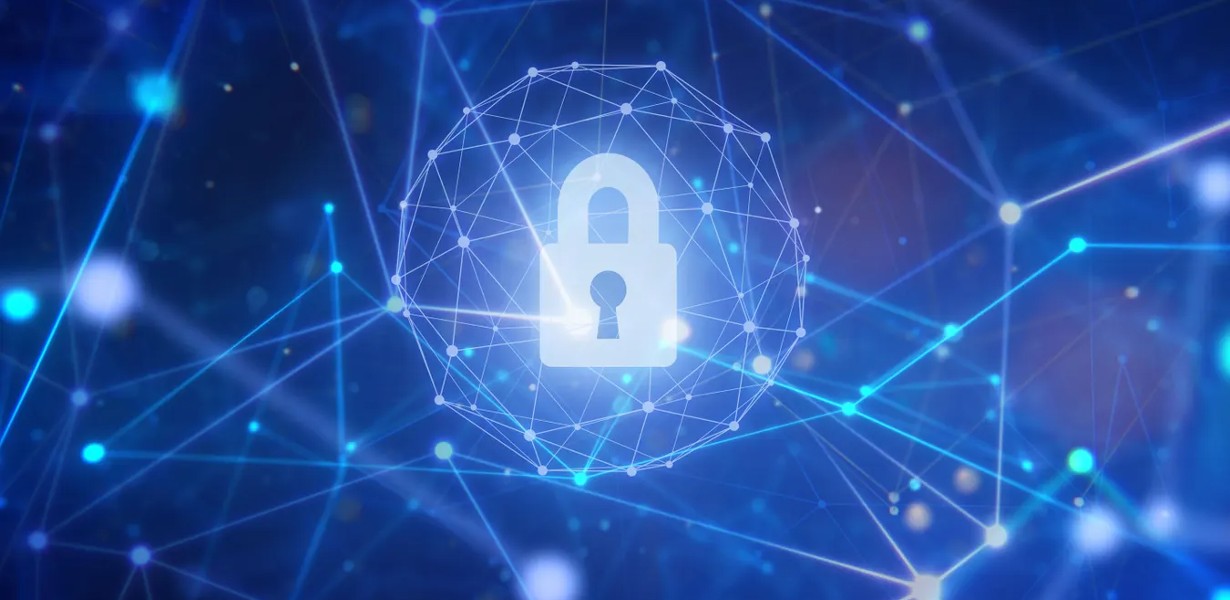
In today’s digital age, your online presence is akin to real estate in the virtual world. Just as you’d secure your physical property, it’s imperative to safeguard your digital domain. This comprehensive guide will take you through the intricate realm of cybersecurity for domains and the steps you can take to protect your valuable digital assets.
The Digital Landscape
Our interconnected world relies heavily on domains for communication, commerce, and information exchange. Domains are the entry points to websites and services, making them prime targets for cybercriminals. With the digital landscape constantly evolving, it’s essential to stay ahead in the cybersecurity game.
The Significance of Domain Security
Domains are not just web addresses; they represent your brand and identity. A breach can result in reputation damage, financial loss, and data theft. As the saying goes, prevention is better than cure. Let’s delve into the vital aspects of domain security.
Domain Registrar and DNS Security
Your domain registrar and DNS provider play pivotal roles in safeguarding your digital real estate. Opt for reputable providers that offer DNSSEC (Domain Name System Security Extensions) to protect against DNS attacks.
SSL Certificates
SSL certificates are crucial for encrypting data transmitted between users and your website. They provide the much-needed padlock icon in the browser’s address bar, assuring visitors that their data is safe. Google even considers SSL as a ranking factor.
Strong Password Policies
Implementing strict password policies is the first line of defense. Encourage users to use complex, unique passwords and enable two-factor authentication wherever possible.
Types of Cyber Threats
Understanding your enemy is the first step to defense. Let’s explore the common cyber threats targeting domains.
Phishing Attacks
Phishing is a deceptive technique where attackers mimic trusted entities to trick users into revealing sensitive information. Be vigilant and educate your team to recognize phishing attempts.
DDoS Attacks
Distributed Denial of Service (DDoS) attacks overwhelm your website with traffic, rendering it inaccessible. Employ DDoS mitigation services to protect your online presence.
Domain Hijacking
Domain hijacking involves unauthorized transfers or changes in domain ownership. Enable domain lock features to prevent unauthorized alterations.
Best Practices for Domain Security
Now, let’s get into the nitty-gritty of how you can fortify your digital real estate.
Regular Updates and Backups
Keep your software, plugins, and CMS up to date. Regularly back up your website to mitigate the impact of cyberattacks.
Web Application Firewalls
WAFs act as a shield against malicious traffic and attacks targeting your web applications. They filter out threats before they reach your server.
Security Audits
Periodic security audits are essential to identify vulnerabilities and fix them proactively. Consider hiring professionals to conduct thorough assessments.
Employee Training
Your team can be your greatest strength or your weakest link. Invest in cybersecurity training to ensure everyone is on the same page.
Final Words
In an era where our digital presence is as important as our physical one, safeguarding your domains is not a choice; it’s a necessity. Take proactive measures, stay informed, and be prepared to defend your digital real estate from cyber threats. Your online success and reputation depend on it.
Commonly Asked Questions
Q1: What is DNSSEC, and why is it important for domain security?
A: DNSSEC (Domain Name System Security Extensions) is a set of protocols that adds an extra layer of security to the Domain Name System. It ensures that the DNS data is authentic and hasn’t been tampered with, reducing the risk of DNS-related attacks.
Q2: How can I choose a secure domain registrar?
A: Look for registrars that offer two-factor authentication, domain locking, and have a good track record of security. Read reviews and consider their reputation in the industry.
Q3: Are there any free tools to check my website’s security?
A: Yes, you can use tools like Sucuri SiteCheck or Qualys SSL Labs to assess your website’s security and identify vulnerabilities.
Q4: What should I do if my domain is already compromised?
A: If your domain is compromised, act quickly. Contact your domain registrar, change passwords, and seek professional help to regain control and assess the extent of the damage.
Q5: Does cybersecurity for domains impact SEO?
A: Yes, domain security can indirectly affect SEO. Search engines like Google prioritize secure websites with SSL certificates, and a hacked site may be penalized in rankings.
Advertisement







